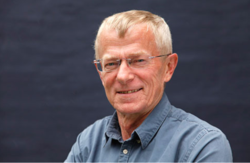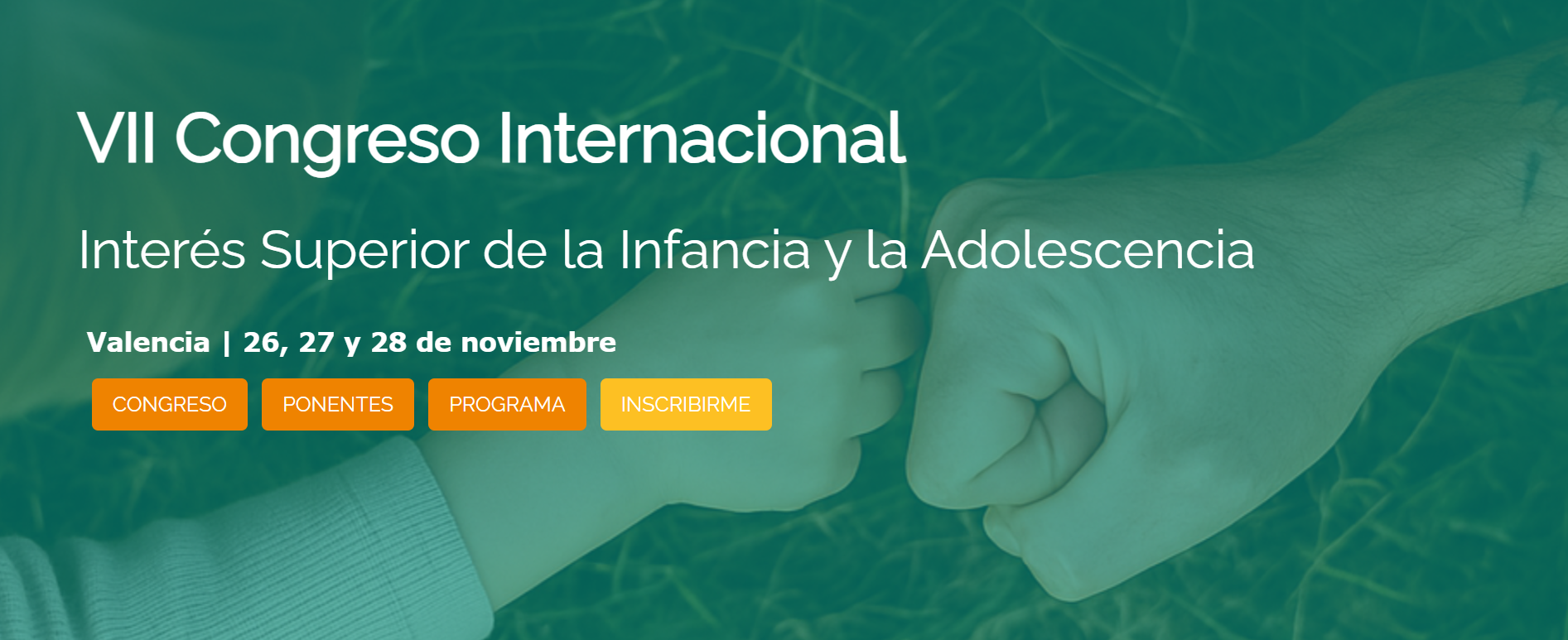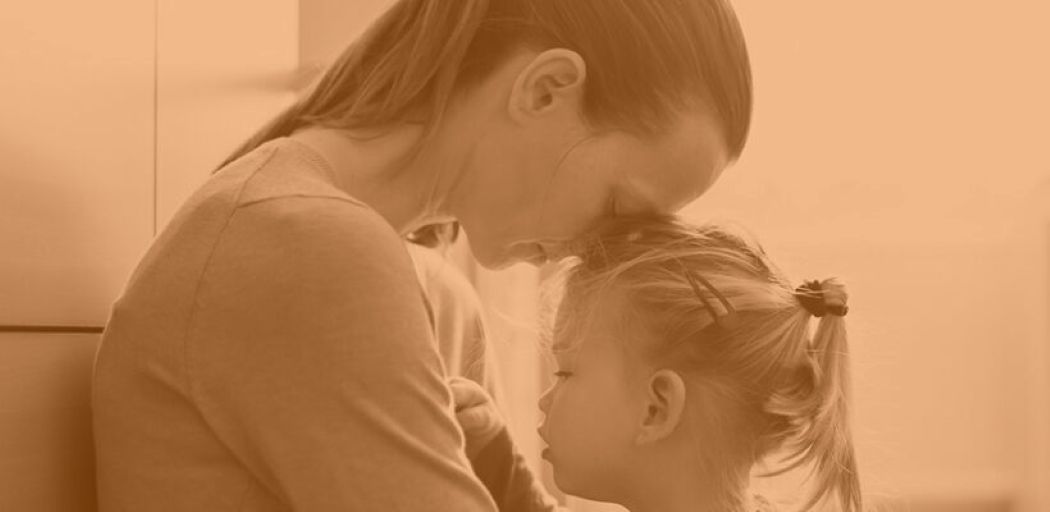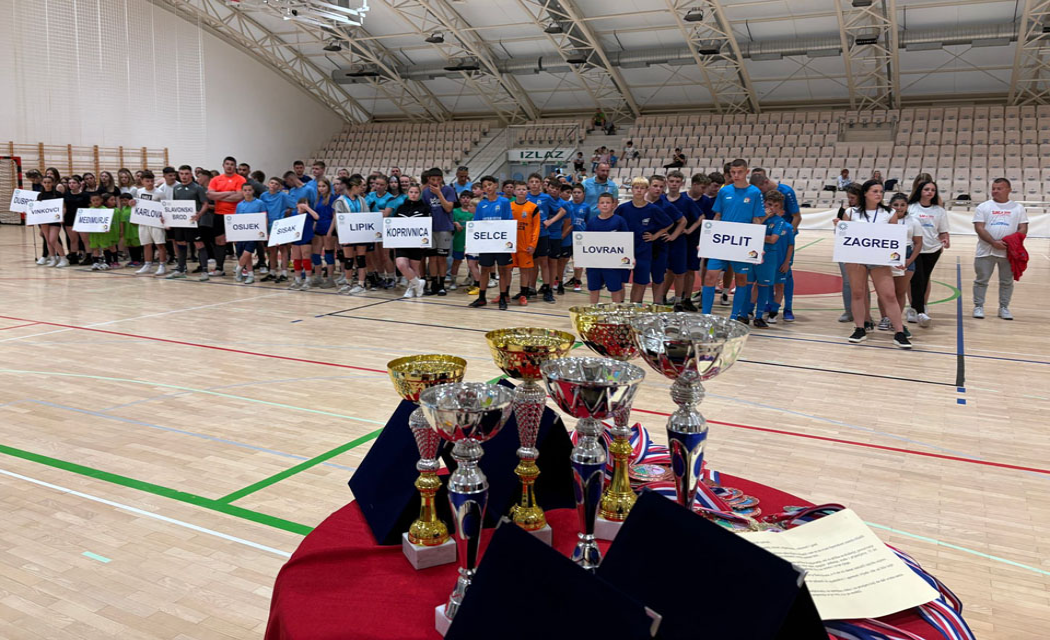Quality in Alternative Care for 40,000 Children and Youth
Child psychologist Niels Peter Rygaard started a foundation to educate care givers and shares his reflections on questions of quality and lessons learnt.
The challenge of implementing the alternative care guidelines
As a Eurochild member of the thematic group on children in alternative care, I’m deeply concerned with how world migration and urbanisation stress families beyond their limits, leaving millions of children in need of care.
How can we satisfy the growing need for training large numbers of family, group home and community caregivers? And create national networks of experts in quality care?
As a child psychologist and researcher of thirty years in the field of traumatised children, this challenge inspired me to co-found www.fairstartfoundation.com. In two-year partnerships with NGOs and governments, we transform research recommendations into education for their staff, in how to apply caregiver group training programmes in local languages. So far, the caregivers of some 40,000 children and youth learn and inspire each other, and form strong groups.
What is “Quality in care”?
To define the term “quality care” I formed a network of 36 international researchers who generously shared their expertise – a growing network. Surprisingly, the much-debated type of group versus family placement is not the most decisive factor: It’s all about relations quality - among caregivers, as well as between caregivers and children. For lifelong resilience and educational success, five dimensions of care were recommended:
1. A long-term relation with a few caregivers, who practice secure and stable emotional care.
2. A long-term membership in a peer group, creating an adulthood network.
3. Support and learning for caregivers – social isolation seriously affects parenting abilities.
4. Agreement between those the child or youth are attached to. Conflicts between parents, case managers, foster and bio-families, etc. will impair any child’s development.
5. Open, sharing and involving dialogues in a secure and mentalising group – about loss, attachments, behaviour problems, sexuality, child involvement, or any other vital topic.
Continuity in relations, providing rhythmic social and emotional stimulation is what matters most.
A low-cost solution by blended learning
560 staff from partners around the world joined our local start-up seminars, followed by a six-month virtual online classroom (blended learning). Students perform peer feedback, exchange ideas, and receive supervision online from Fairstart. Eight modules cover the theory and practices of attachment-based care, learning theory, group development and -leadership. In each module a student trains a group of local caregivers. Once educated, an instructor can design training programs from many additional sessions at no cost.
For SOS Children’s Villages Denmark, the blended learning education of 36 staff saved 80 % of project expenses. In Zanzibar, Rwanda, Tanzania and Kenya they trained the foster and kinship parents of 3000 children, later approved by these governments. Electronic registration of each child’s development before and after training shows a 20 % improvement in emotional state, friendships, play and learning, trust in the caregiver and endurance in daily tasks.
Important lessons learned
1. By 2050, 75 % of the world population will live in a city. Interventions must address the core question: how to support urban parents and children, in small secure groups?
2. The new Eurochild strategy to involve governments in capacity building is decisive. Success depends on NGOs and governments joining, and NGOs coordinating.
3. Attachment theory and practices are at the core of child research, and immediately understood in any culture.
4. Local start-up seminars and e-learning provide a powerful instrument for low cost upscaling and participant involvement.
5. Every participant - instructors, caregivers and children – must be active designers of their own care practices, working from a shared knowledge base.





